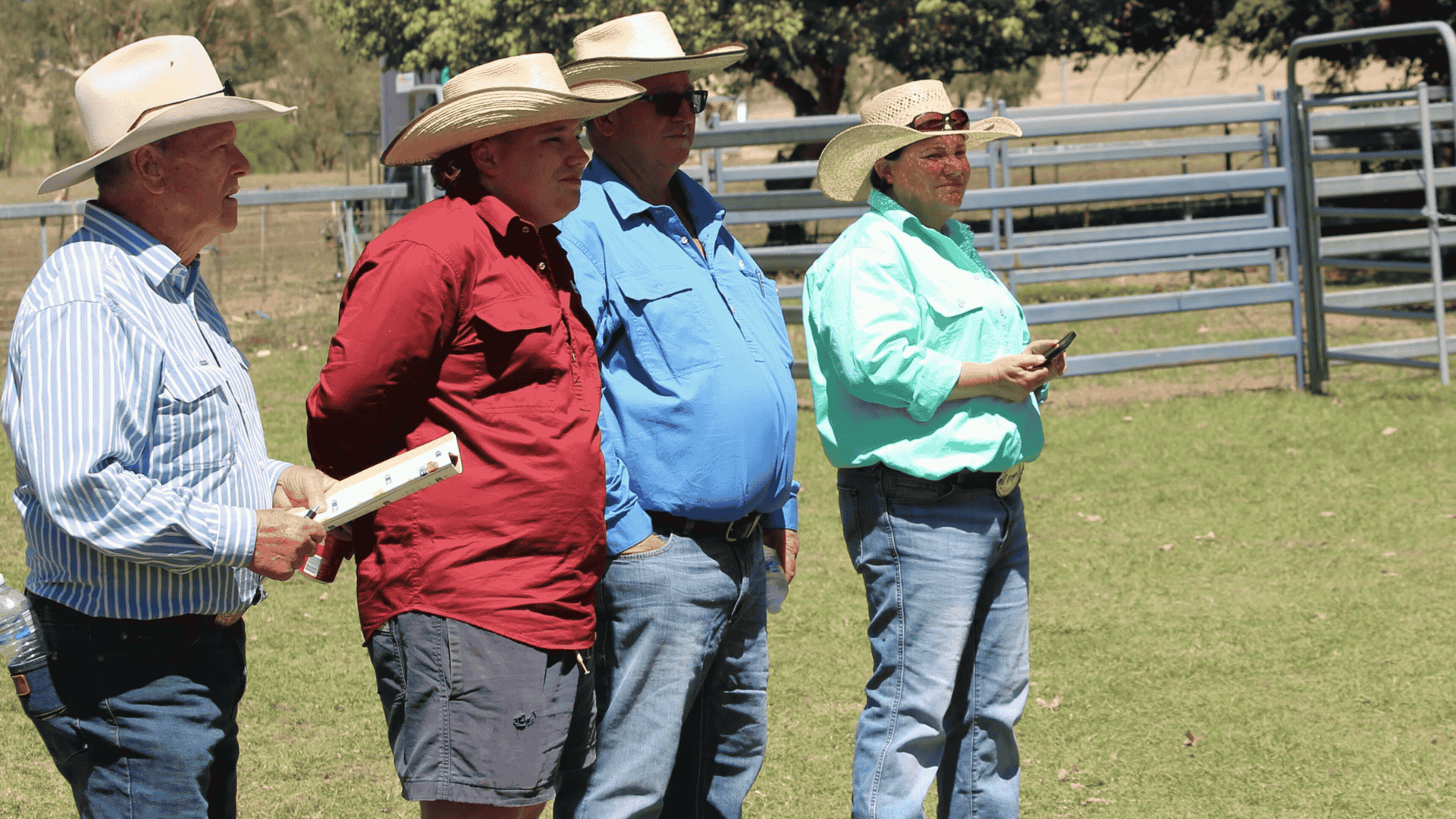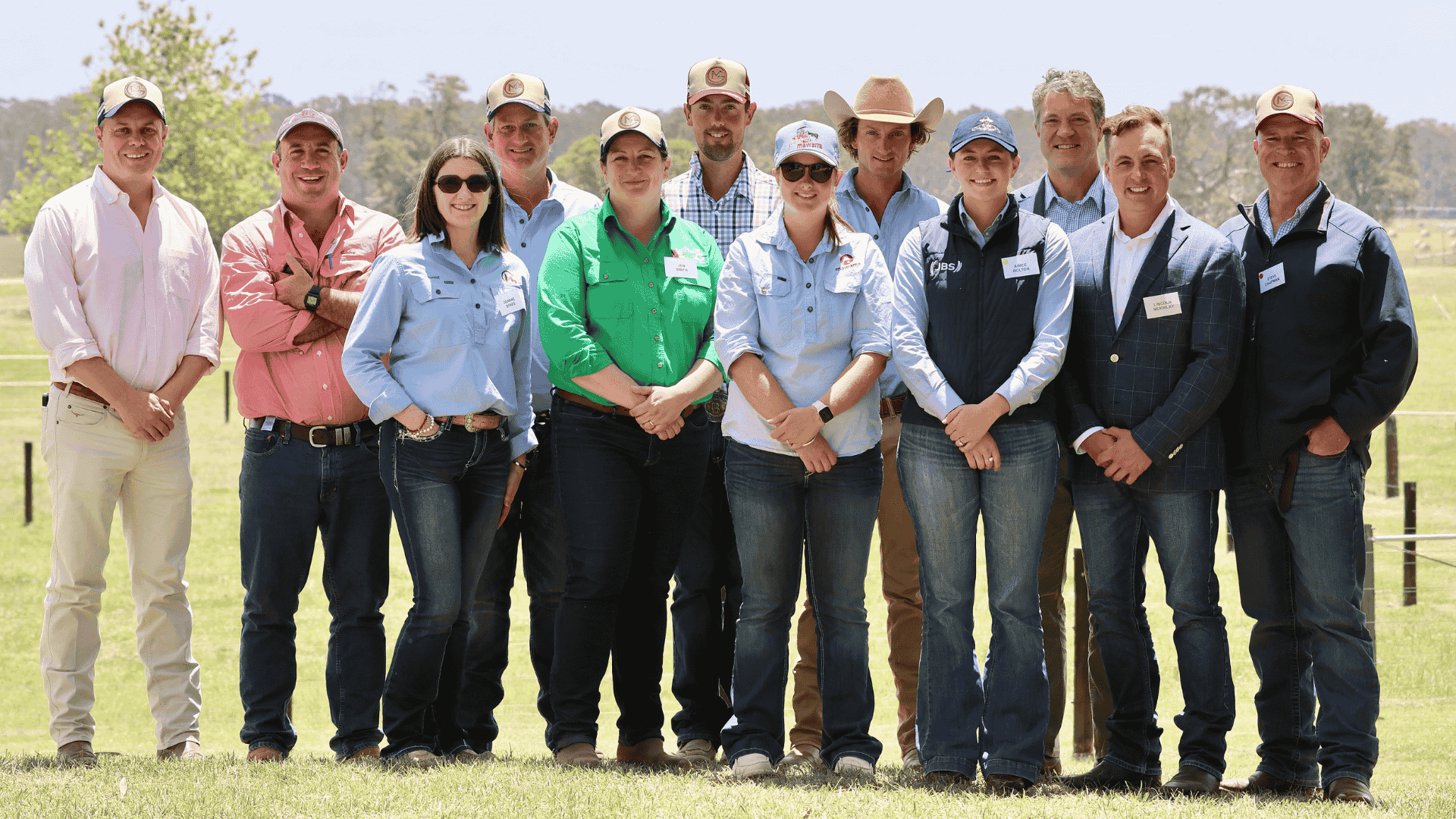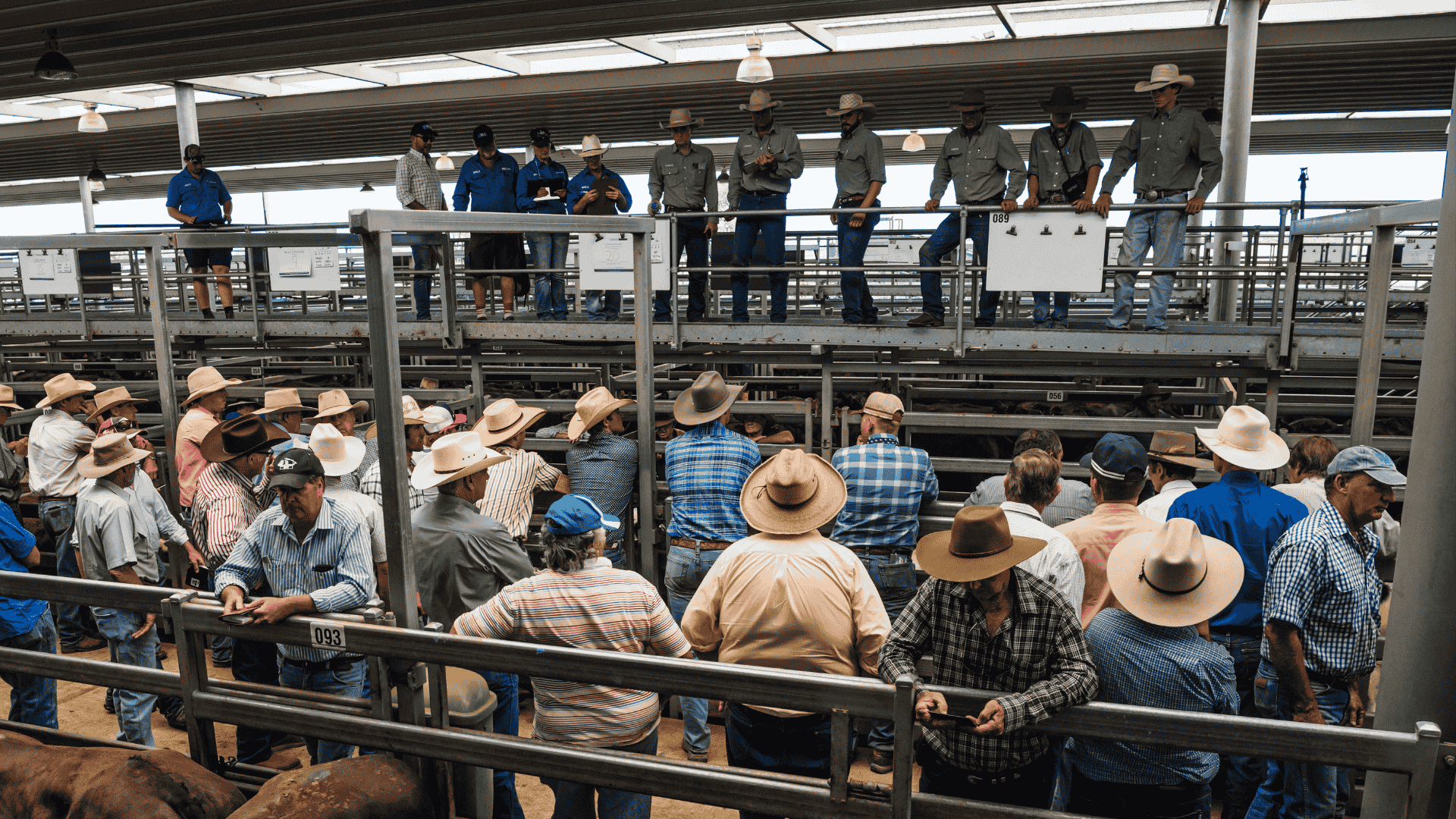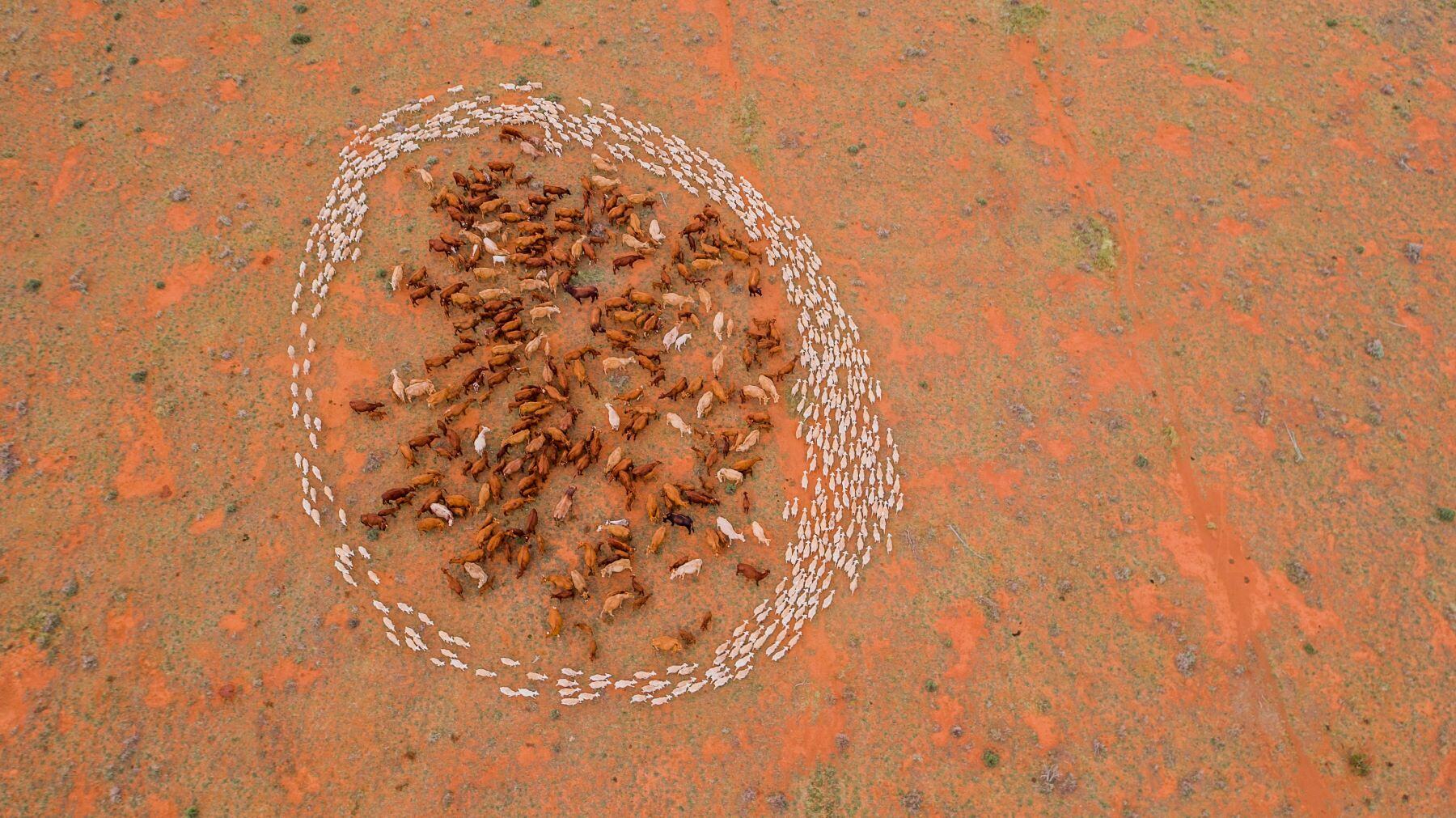Bushfire pushes back bull sale but can't stop Brewers moving forward
It was 3.30pm, the hottest part of January 9, when an out of control bushfire, powered by its own microclimate, came roaring out of the state forest...
Australia may have to overhaul its emissions measuring methods as new data suggests methane pollution from gas and coal projects may have been under-reported.
Emissions from gas and coal projects could be much worse than thought as their methane pollution may have been vastly underestimated.
New data suggests Australia's National Inventory of Greenhouse Gas Emissions, based on self-reported information from emitters or sparse local measurements, may not paint the most accurate picture of the nation's pollution.
Preliminary data from new monitoring platform Open Methane - which uses satellite-based measurements and ground-based verification to track emissions - estimates methane levels could be twice as high as what is currently reported.
Chair of climate think tank The Superpower Institute and former consumer watchdog head Rod Sims will on Wednesday officially launch the new Open Methane platform.
"Accurate data is the foundation of effective climate policy: if we can't measure it, we can't manage it," he said.
Australia's 20 highest emitting locations were all linked to coal or gas extraction, suggesting these sectors could be producing as much methane as the agriculture industry, if not more.
READ MORE: EU pushes deforestation laws back 12 months to give international stakeholders time to prepare
Methane is believed to account for 30% of the world's temperature rise since the industrial revolution.
It is "turbocharging" heatwaves, bushfires and other extreme weather events in Australia, Australian Conservation Foundation campaigner Piper Rollins said.
"Climate-heating methane emissions from Australia's coal and gas sector are being massively underestimated," she said.
"This is likely to be the tip of the iceberg."
Reducing methane is one of the most immediate and impactful ways to slow global warming because of the gas's relatively short atmospheric lifetime and potency, Prof Sims said.

It was 3.30pm, the hottest part of January 9, when an out of control bushfire, powered by its own microclimate, came roaring out of the state forest...

At Mawarra Genetics, Peter and Deanne Sykes are focused on stepping back from short-term noise and focusing on what actually drives long-term,...

Australian sheepmeat and goatmeat have been caught up in US President Donald Trump's latest tariff tantrum, but Australian beef will remain exempt.
